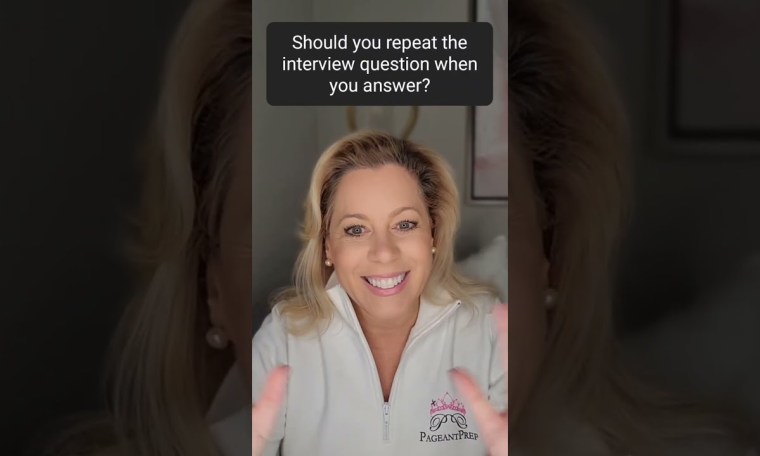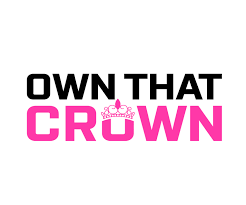
Win Your Next Pageant
Thank you for reading this post, don't forget to subscribe!Get Pageant Questions Written By A Miss Universe Judge
Should You Repeat the Question as Part of Your Answer?
When engaging in conversation, whether in person or through written communication, one common question arises: should you repeat the question as part of your answer? This practice can be important in various contexts, including educational settings, customer service interactions, and formal presentations. Here, we’ll explore the benefits and potential drawbacks of this technique.
Benefits of Repeating the Question
-
Clarification: Repeating the question can ensure that both the speaker and the listener are on the same page. It provides an opportunity to clarify any vague points before delving into the answer, thus reducing misunderstandings.
-
Context: For the audience or listener, hearing the question restated can provide context, especially if the response is lengthy or complex. This is particularly beneficial in situations where multiple questions might be discussed, allowing the listener to track which question is being answered.
-
Engagement: Restating the question can engage the audience or listener by reinforcing the topic. This can be particularly effective in presentation settings or if you are addressing a group. It shows that you are attentive and considerate of the viewers’ or listeners’ needs.
- Professionalism: In formal communications, such as interviews or presentations, repeating the question can demonstrate professionalism. It illustrates that you took the time to listen and understand the inquiry, thus enhancing your credibility.
Drawbacks of Repeating the Question
-
Repetition: In casual conversation, repeating the question can come across as redundant or unnecessary. It may frustrate listeners who prefer concise answers. Evaluating the tone of the conversation is crucial to deciding whether this practice is suitable.
-
Time Consumption: In fast-paced environments, such as during a debate or a quick exchange of ideas, repeating the question can slow down the exchange. In these situations, direct responses may be more effective.
- Potential for Distraction: Sometimes, repeating the question can shift focus away from the answer itself. If the restatement is overly long or complex, it may confuse listeners rather than clarifying the topic at hand.
Best Practices
When considering whether to repeat a question in your answer, keep these best practices in mind:
-
Assess the Context: Determine the formality of the setting and the nature of the conversation. In a presentation or interview, restating the question often makes sense, while in casual conversations, it may not.
-
Keep It Brief: If you choose to repeat the question, do so concisely. A short paraphrase can be effective without overwhelming the listener.
-
Listen Actively: Pay attention to your audience’s reactions. If they seem puzzled or disengaged, you may want to adjust your style in future interactions.
- Be Flexible: Adapt your approach based on the situation. Some questions warrant repetition for the sake of clarity, while others do not.
Conclusion
The decision to repeat the question as part of your answer depends heavily on context, audience, and the nature of the interaction. While it can enhance clarity, engagement, and professionalism, be mindful of its potential drawbacks. Ultimately, striking the right balance will lead to more effective and meaningful communication.
ON SALE: Pageant Dresses
GET OUR: Pageant Questions
CHECK OUT MORE: Pageant Coaching
LEARN ABOUT: Beauty Pageants



 Subscribe to Our RSS Feed
Subscribe to Our RSS Feed



